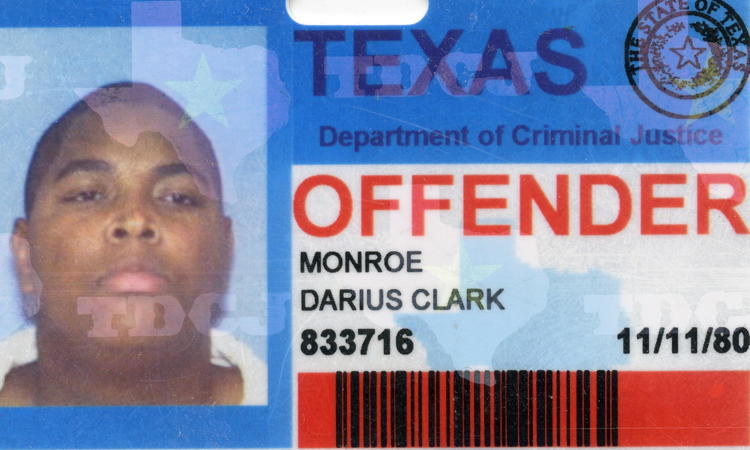By Margeaux Johnson · March 14, 2014

Darius Clark Monroe grew up in a loving home in suburban Houston. As an honor student, Darius was loved by friends and teachers alike. Beneath his active mind and humble exterior was a growing frustration with his family’s financial strain. Finally, a home invasion that stripped the family of what little they owned shook Darius to the core. Armed with an unloaded weapon and two friends, Darius robbed a bank and subsequently spent the remainder of his teen years in prison. His personal account of the aftermath of his decision explains the evolution of his character and questions how we view criminals.
Produced by Spike Lee, Evolution explores the power of cause and effect through a series of accounts from friends, family, and victims of his crime. These accounts show a myriad of emotion-from guilt and responsibility expressed by his family members to anger and eventual forgiveness from his victims. Monroe is at the heart of these moving accounts, literally staring his family and victims in the face, as the interviewer in each scene.
Monroe pursued an opportunity in film and has received numerous honors, such as a National Board of Review Award, Warner Bros. Film Award, Austin Film Society Grant, and more. His accomplishments read like a man prepped and postured for filmmaking. Instead, Monroe is a man who carved his own destiny through many trials.
The line between good and bad is often blurred and Monroe provides audiences with a clear picture of a good person who made a bad choice. The image of a “criminal” becomes void as we journey through childhood photos, family accounts, and realize that Monroe-a criminal-is more like us than we thought.
At its’ core, Evolution of a Criminal is a moving account of a man looking back at the cause and effect of his actions. However, Evolution is much more than a one dimensional retelling of a crime. It is a triumphant account of second chances and a preview of the type of raw storytelling Monroe can deliver.